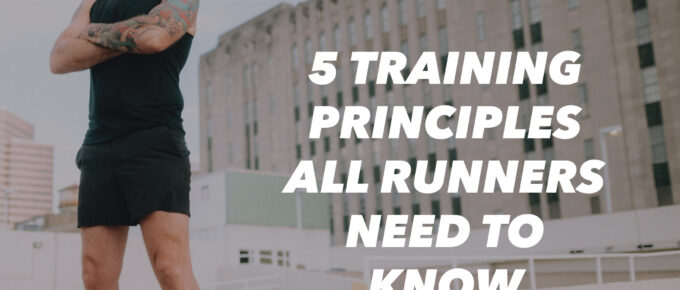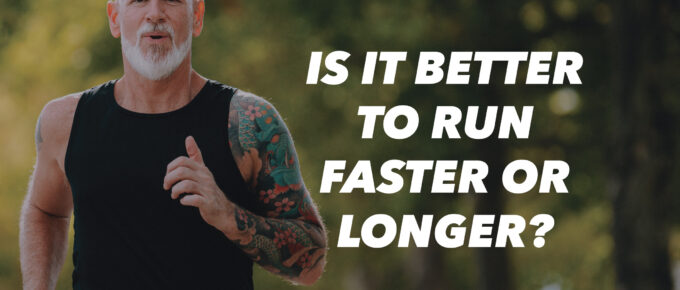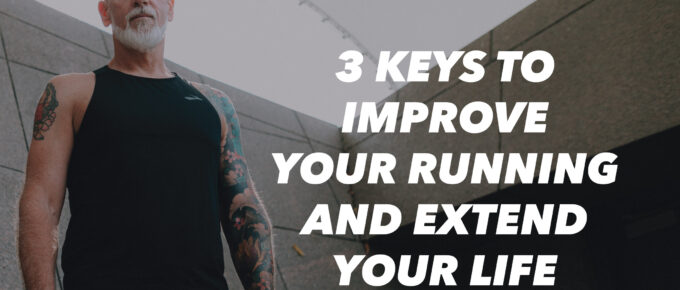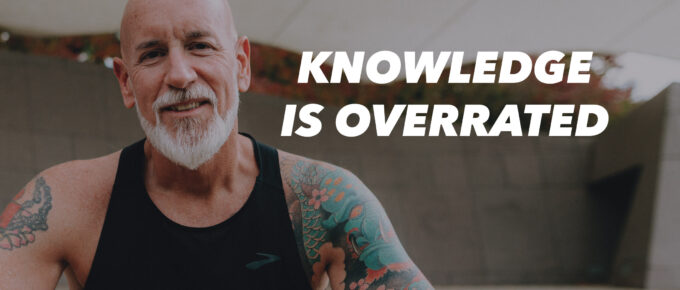I hear this almost every single day from runners all over the world: “I hate strength training.” I get it, I used to feel the same way many years ago. I thought running 30-40 miles a week was …
Continue Reading about 273. Why Runners Should Be Lifting Heavy Weights →






